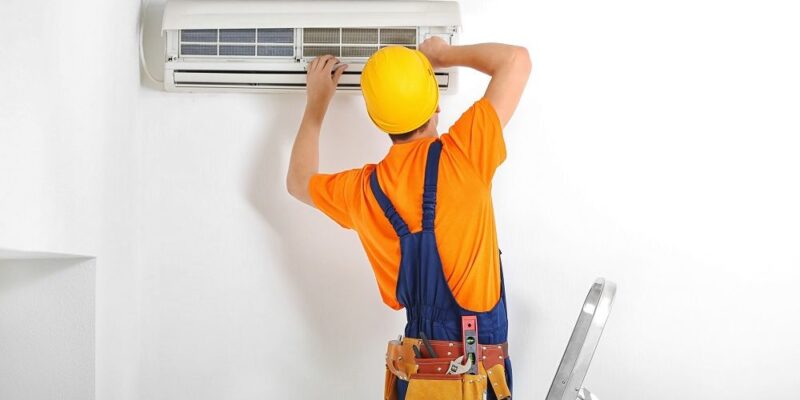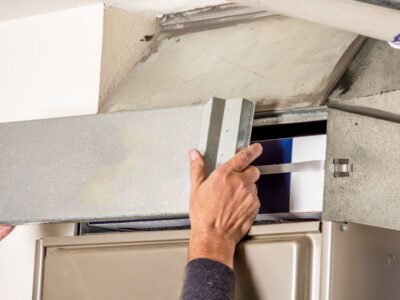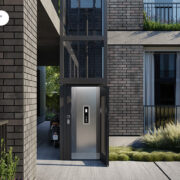In the scorching heat of summer or the chilly days of winter, a functioning heating and air conditioning (HVAC) system is essential for maintaining comfort in our homes and workplaces. However, just like any mechanical system, HVAC units are prone to wear and tear, requiring occasional repairs to keep them running efficiently. In this comprehensive guide, we’ll delve into the world of air conditioning repair, covering common issues, troubleshooting tips, and the importance of professional maintenance.
Understanding Air Conditioning Repair
Air conditioning repair involves diagnosing and fixing problems within the HVAC system that hinder its performance. These issues can range from minor malfunctions to major component failures, affecting the unit’s ability to cool or heat indoor spaces effectively. Common problems include refrigerant leaks, faulty thermostats, clogged filters, compressor issues, and electrical malfunctions.
Troubleshooting Common Issues
When faced with a malfunctioning air conditioner, there are several troubleshooting steps you can take before calling a professional technician. Start by checking the thermostat settings to ensure they are correctly configured for your comfort preferences. Next, inspect the air filters for dirt and debris buildup, as clogged filters can restrict airflow and reduce system efficiency. Additionally, check the circuit breaker to ensure the unit is receiving power and inspect the outdoor unit for any visible damage or debris obstruction.
Refrigerant Leaks
Refrigerant leaks are a common issue in air conditioning systems and can significantly impact cooling performance. Signs of a refrigerant leak include reduced cooling capacity, ice buildup on the refrigerant lines, and hissing sounds coming from the unit. If you suspect a refrigerant leak, it’s crucial to contact a qualified HVAC technician to locate and repair the leak, as handling refrigerant requires specialized knowledge and equipment.
Importance of Professional Maintenance
While some minor HVAC repairs can be performed by homeowners, it’s essential to schedule regular maintenance inspections by a professional technician to prevent major issues from arising. During a maintenance visit, the technician will inspect and clean various components of the HVAC system, including the coils, filters, and ductwork. They will also check for signs of wear and tear and make any necessary adjustments to optimize performance and energy efficiency.
Heating System Considerations
In addition to air conditioning repair, it’s essential to address any issues with your heating system to ensure year-round comfort. Common heating problems include pilot light issues, faulty thermostats, and inadequate airflow. Regular maintenance and timely repairs are crucial for keeping your heating system running smoothly, especially during the colder months when you rely on it the most.
DIY vs. Professional Repairs
While some HVAC repairs can be tackled as do-it-yourself projects, such as changing air filters or cleaning debris from the outdoor unit, more complex issues require the expertise of a professional technician. Attempting to repair or modify HVAC components without the necessary skills and knowledge can lead to further damage and safety hazards. Professional technicians have the training, experience, and specialized tools to diagnose and fix HVAC problems correctly the first time.
Conclusion
In conclusion, air conditioning repair is a critical aspect of HVAC maintenance that ensures optimal comfort and energy efficiency in our homes and workplaces. By understanding common issues, troubleshooting tips, and the importance of professional maintenance, you can keep your HVAC system running smoothly year-round. Remember to schedule regular maintenance inspections and promptly address any repairs to avoid costly breakdowns and ensure uninterrupted comfort in every season.












Comments